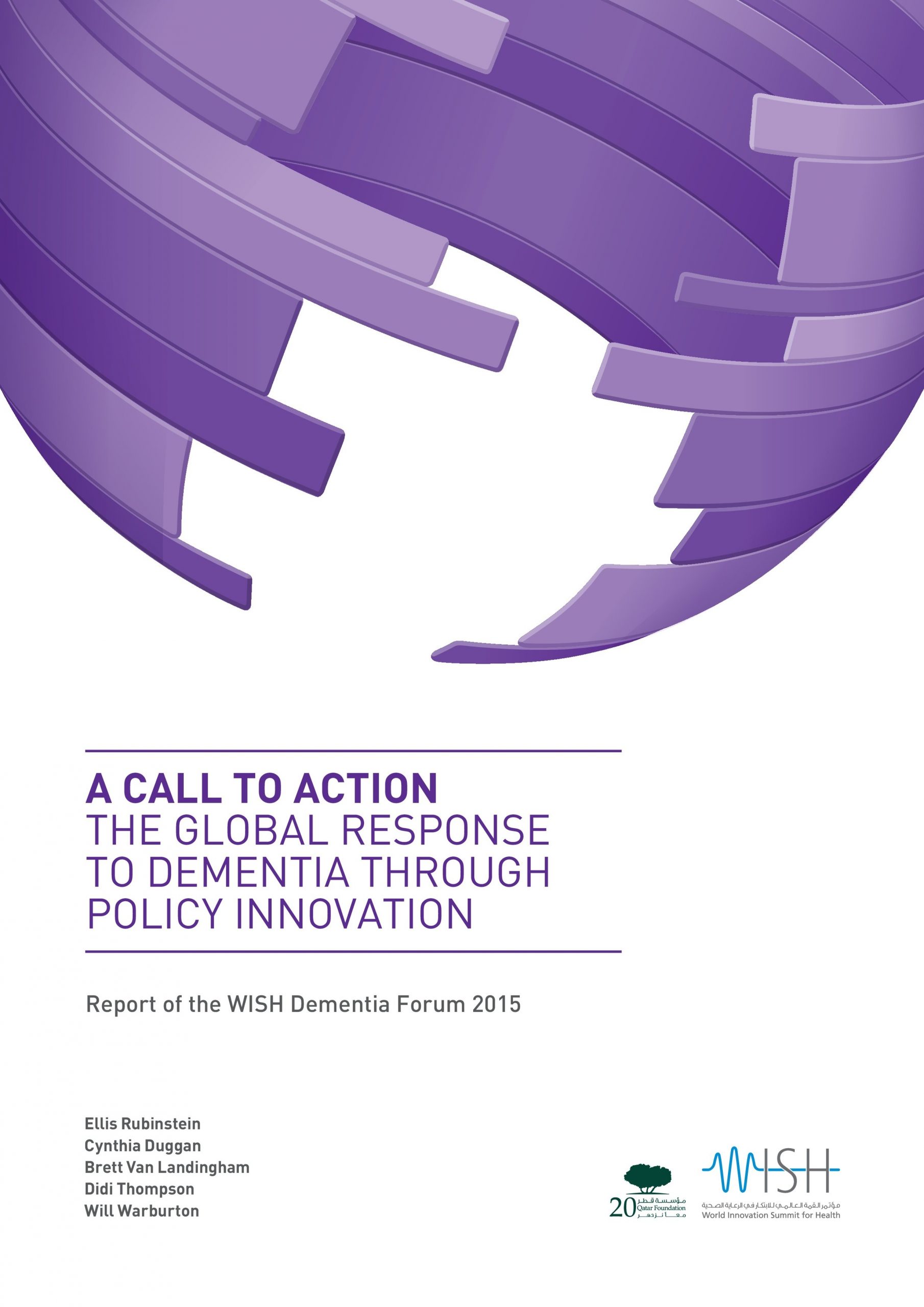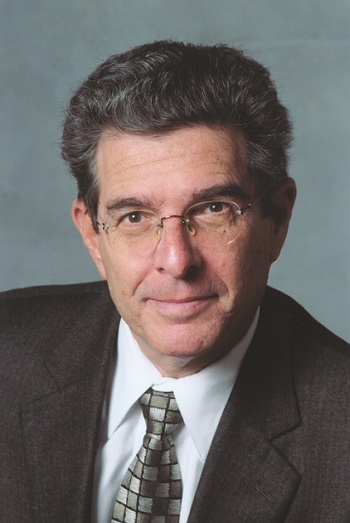Ellis Rubinstein
Ellis Rubinstein is an innovator and change agent. Since joining the New York Academy of Sciences in November 2002, Mr. Rubinstein has increased membership to more than 22,000 scientists in 100 countries. The President’s Council that he created includes 27 Nobel Laureates and a score of CEOs and government leaders from across the globe. Mr Rubinstein played an instrumental role in the creation of the Academy’s Alzheimer’s Disease and Dementia Initiative, which works with partners around the world to accelerate the transfer of basic research about disease mechanisms into the development of new methods for diagnosis, treatment, and prevention. Before joining the Academy, Mr Rubinstein pursued a distinguished career as a science journalist, serving as Editor of Science magazine between 1993 and 2002. Prior to this he occupied several other senior editorial positions at major publications. He is the recipient of three National Magazine Awards. Mr Rubinstein was a member of the World Economic Forum for six years, and currently participates in the Council of Japan’s Science and Technology in Society Forum among many other activities. He is a Fellow of the American Association for the Advancement of Science and a Member of the Institute of Electrical and Electronics Engineers. A graduate of the University of California, Berkeley, he also holds honorary degrees from the University of Medicine and Dentistry of New Jersey and Hallym University in South Korea.


